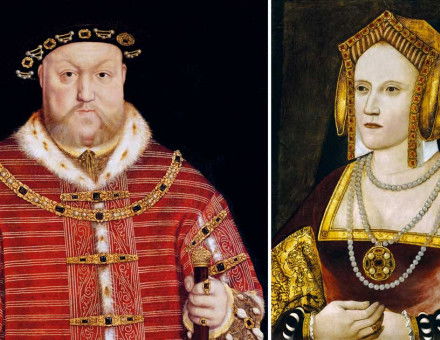The Walcheren Failure, Part I
Prompted by news of a French defeat in 1809, the British Government launched an offensive expedition against the Low Countries which ended in gallant failure. By Anthony Brett-James.
In the spring of 1809, France was building a fleet and wharves at Antwerp and along the Scheldt. The Dutch navy had never recovered from its defeat at Camperdown (Kamperduin) twelve years before, nor the French fleet from Trafalgar, but Napoleon could reckon on the Dutch as good sailors to man his new ships, of which thirty-five were already built or on the stocks.
Urgent demands by the British Navy for something to be done about this pistol held at the head of England, coupled with agreeable news of a French defeat at Aspern-Essling outside Vienna on May 2ist-22nd—a success rare enough to cause many to indulge in oversanguine expectations—prompted the irresolute Government to support a momentarily victorious Austria and, simultaneously, their own national interests.





